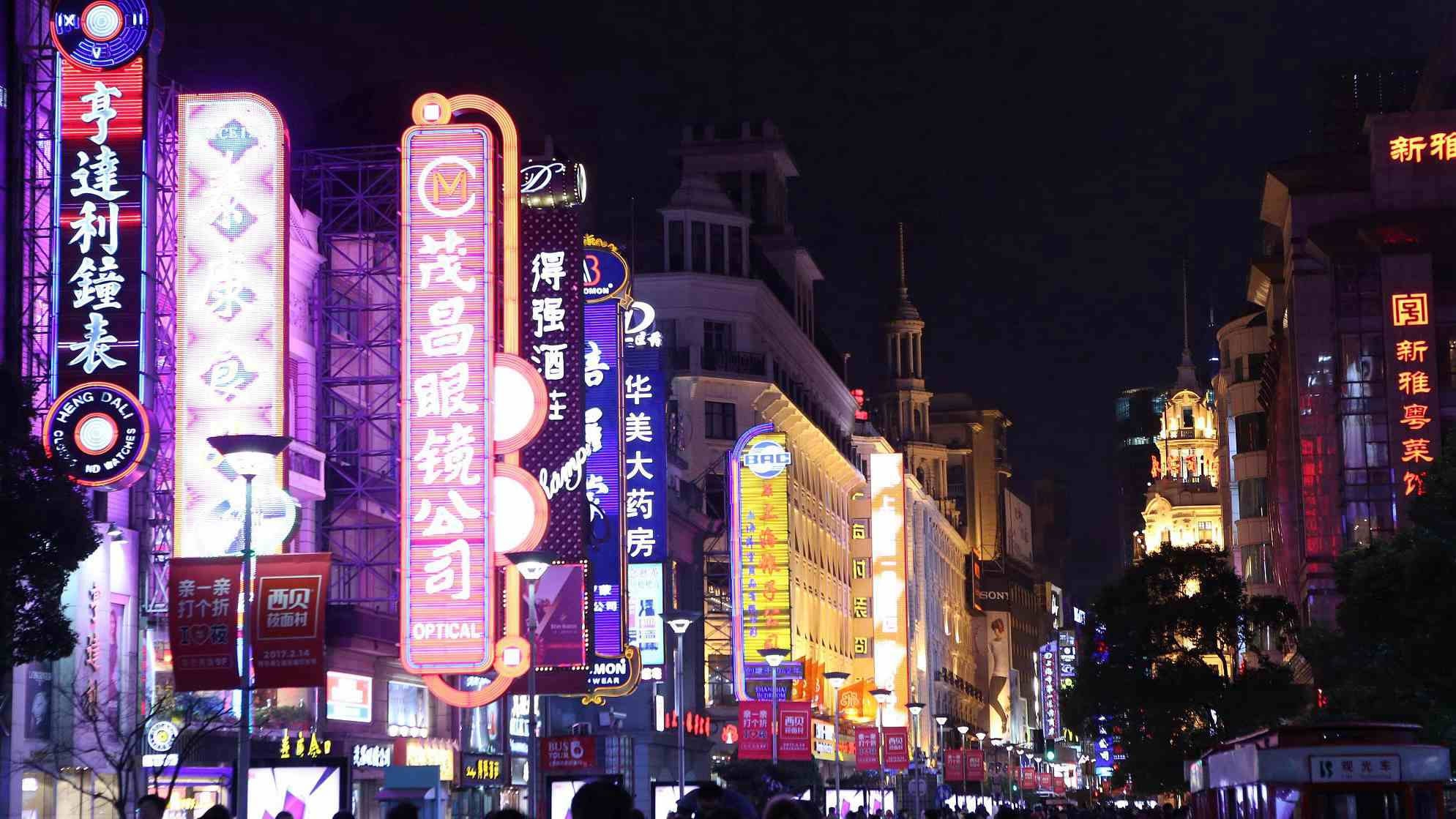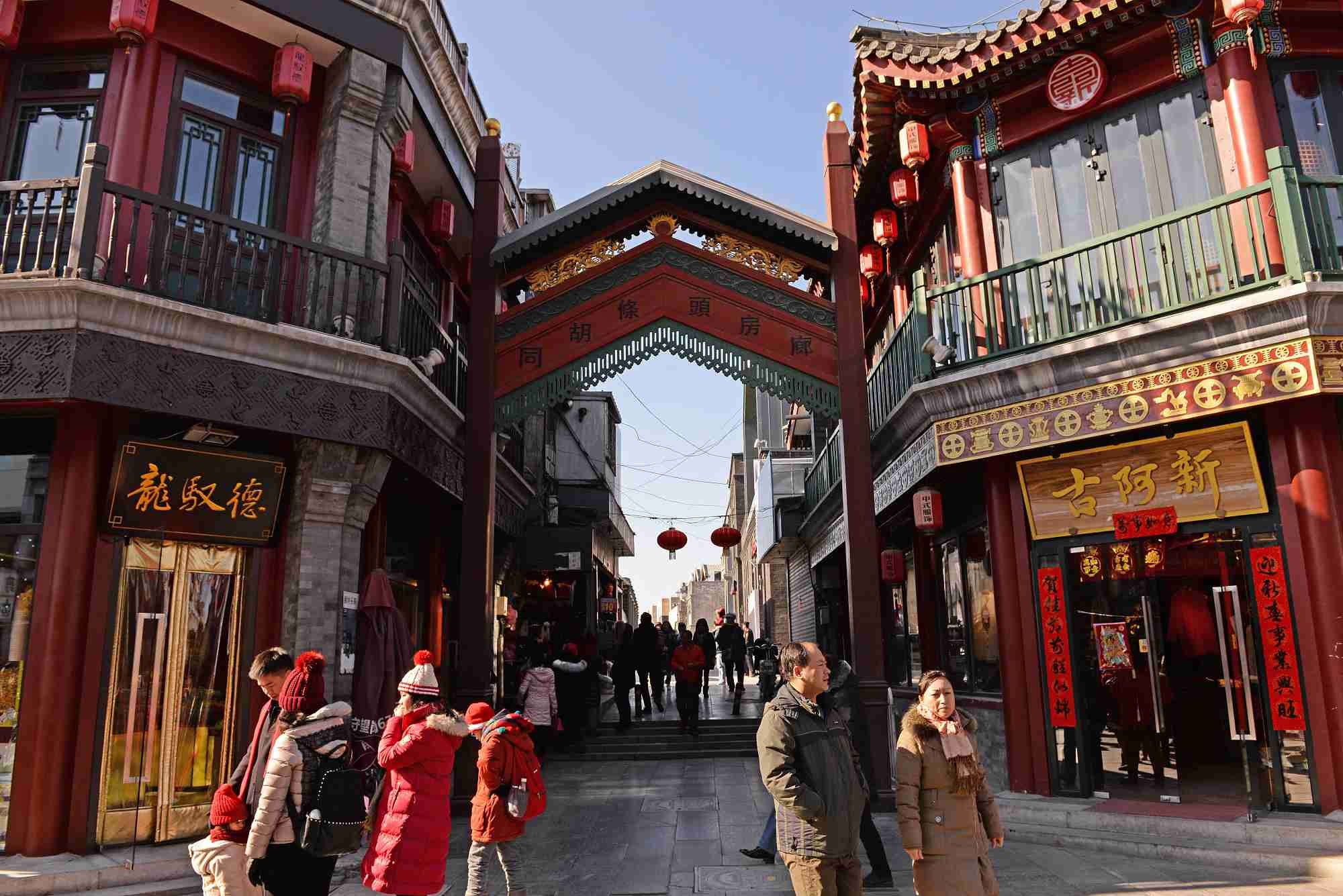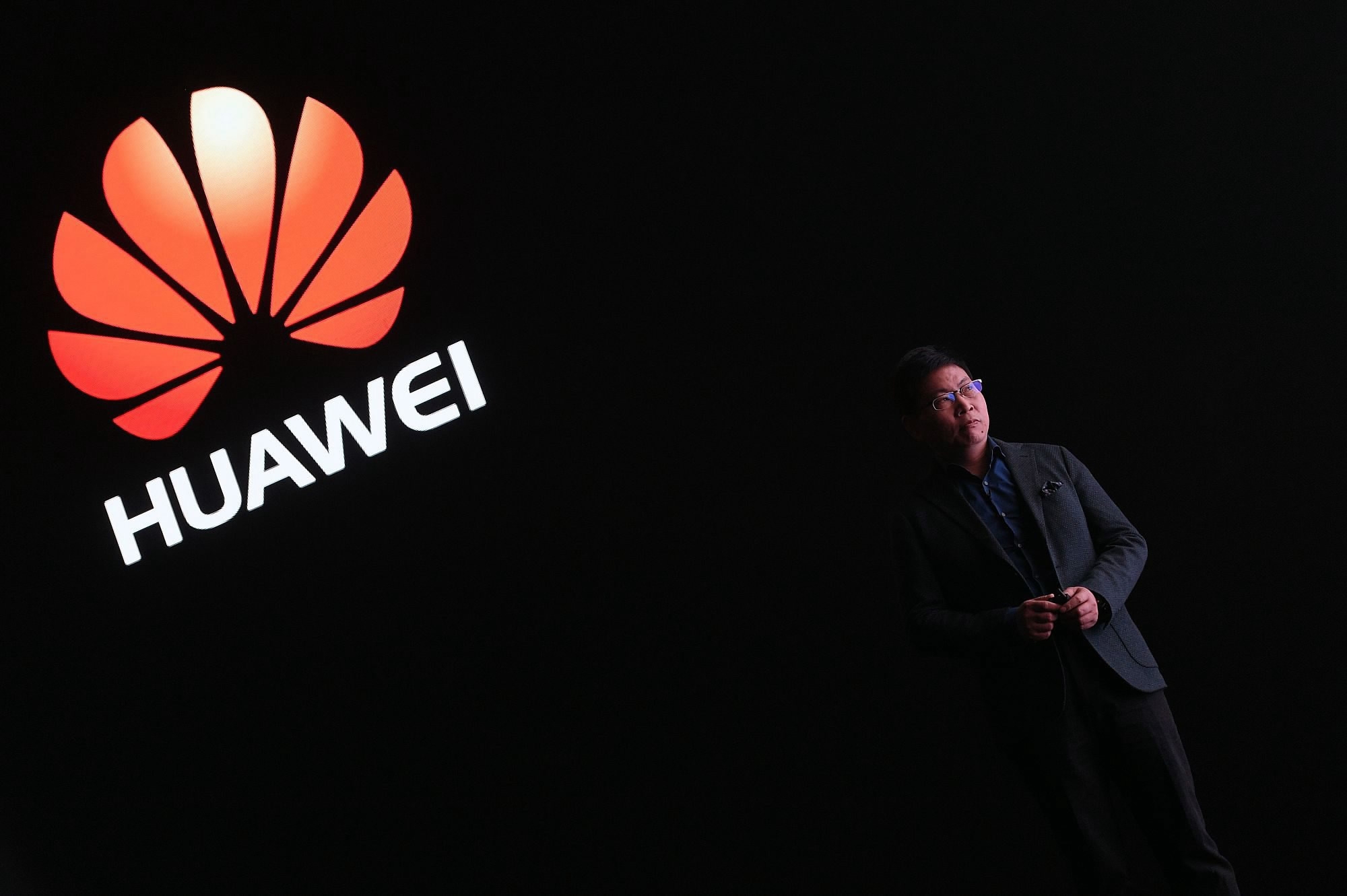From the C919, China's first homemade passenger jet that recently made its maiden flight, to the high-speed railway network that has linked the country to the world, many Chinese brands have grabbed international attention in recent years, as China shifts from Made-in-China to Created-in-China.
With "Chinese Brands Day," which will be held every May 10 starting this year, China is aiming to nurture more independently-owned brands that can have a global influence.
Chinese Brands Day was approved by the State Council in order to raise public awareness of Chinese brands at home and around the world, according to Wang Dong, a senior official with the National Development and Reform Commission (NDRC), China's top economic planner.

Nanjing Road in Shanghai. /VCG Photo
Wang added that it is the right time to accelerate the growth of the country's own brands, and to develop a brand economy.
Chinese Brands Day is being seen as a great opportunity for development by both time-honored brands and burgeoning newcomers.
Influential brands are symbols of the overall competitiveness of companies and countries, which could help lead the economic transition, said Wang. However, he added that compared with developed countries, China is still short of globally influential brands.
There are 1,128 "China Time-honored Brands" designated by the Ministry of Commerce, but only about one third of those brands are operating in good conditions, according to Jing Linbo, director of the Evaluation Center at the Chinese Academy of Social Sciences.

Stores of China's traditional brands at Qianmen commercial center in Beijing. /VCG Photo
A lack of innovation is the main reason for their decline, according to Yin Jie, who is in charge of revitalizing traditional Chinese brands. He added that these brands have struggled to attract young people, and their marketing strategies are outdated.
"The key point for time-honored brands is to find their own advantages and combine them with public demands," said Yin.
China launched a project in 2016 to boost traditional brands, as part of the country's strategy of building up world-renowned brands of its own.
Inspired by the plan, many of China's time-honored brands have adopted new development models. For instance, the “Go Believe” or “Goubuli” steamed bun, a traditional snack company in Tianjin, has looked online to e-commerce to sell their buns.
The company has also been eyeing cooperation with foreign enterprises, and sealed several deals to expand their market overseas.
Meanwhile, the country has also been working to shift its industrial structure. According to the data of the Ministry of Commerce, over 60 percent of the time-honored brands are in the food, drug and catering industries.

Huawei's CEO Richard Yu presents a new phone during a press conference on February 26, 2017. /VCG Photo
But in recent years, changing growth patterns amid the economic transition have seen a number of new Chinese brands emerge in various fields including energy, telecommunications, manufacturing and Internet.
As of 2017, 55 Chinese companies, including already familiar names like Tencent, Huawei and Alibaba, have made a list of the world's 500 most valuable brands, rising from 12 in 2007.
The first Chinese Brands Day was themed around "deepening structural supply-side reform and opening a new era for China's independently-owned brands".
"By developing the brand economy, China is trying to take the chance to elevate the quality and efficiency of its supplying system and help enable the country to shift from a large economic entity to an economic power," said Wang Dong.
6km










